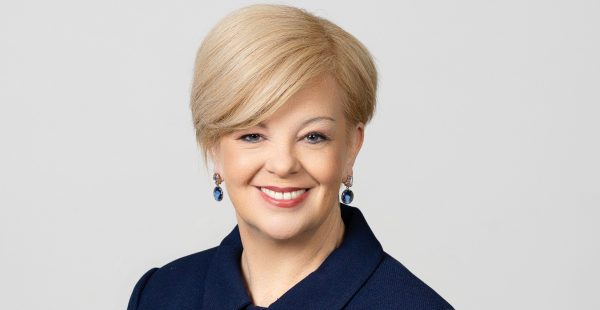No matter which party wins, fixing the CSLR must be priority

As the Federal Election campaign comes to the end of its second week, the Financial Advice Association of Australia (FAAA) is working hard to direct the attention of the major parties towards the ongoing problems with the Compensation Scheme of Last Resort (CSLR).
The FAAA has put fixing the CSLR at the top of the issues to be addressed by the next Federal Government, with chief executive, Sarah Abood saying the organisation has been engaging with politicians and candidates to seek their commitment to addressing the issue,
The FAAA yesterday reiterated that its priority list for the next Government was as follows:
- Fix the Compensation Scheme of Last Resort (CSLR)
- Provide adviser access to the ATO portal
- Deliver effective Delivering Better Financial Outcomes (DBFO) reforms and implement a standardised fee consent form.
- Instigate a financial services razor-gang to cut red tape
- Support new entrants to the financial advice profession
Abood says it has become increasingly apparent to all sides of politics that financial advice has a critical role to play in helping Australians achieve financial wellbeing and security.
“The events of the past few years have highlighted the importance of quality professional financial advice for all Australians. While well-intentioned, much of the legislation introduced since the Hayne Royal Commission has not hit the mark. It has ultimately served to drive up the cost of advice and made it more difficult for people to get the advice they need at an affordable price to manage their increasingly complex financial needs.
“Our future government needs to take substantive steps to fix the crisis in our profession.
“Our key asks are designed to help reduce the cost of providing professional advice and also encourage more people to enter the advice profession – both critical requirements for a healthy and sustainable financial advice community,” Abood says.
On CSLR, Abood says the FAAA has already made several recommendations to ensure the scheme is fit for purpose.
“Our most immediate requirements for CSLR are to cap the financial advice levy at $10 million and to stop financial advisers paying for product failures. These steps would go a long way to ensuring the CSLR achieves what it was set up to do, without causing immeasurable harm to the financial advice profession, and potentially failing consumers.”
Abood says that one overlooked result of advisers paying for an ever-increasing CSLR levy, coupled with the red tape and unnecessary paperwork, is that it suppresses interest in joining the profession.
“Paying a levy for the mistakes made by others before you even started in the profession is clearly a deterrent to becoming a financial adviser. It is essential that more people are encouraged to become financial advisers, to meet the growing need of Australians for professional, quality advice to manage their financial situation.
“Therefore, we are also calling for greater support for new entrants to the profession, including a flexible education standard, financial support from the government for the employers of Professional Year candidates, and reducing the cost of doing the financial adviser exam.
“These measures would go a long way towards streamlining the process for those wanting to become a financial adviser.
“Excessive red tape and regulation in the profession has contributed substantially to the cost of professional financial advice. Many voices are calling for a tighter focus on cutting red tape in financial services, offering substantial benefits to both advisers and their clients,” Abood says.











I think these numbers are too low. Especially if you live in major cities. I try to ensure none of…
Are Interprac / Sequoia going to pay the 10’s of $$ millions in AFCA complaints ? Even after Macquarie &…
Always back self interest when a body is marketing a submission to the government
In other words the system is achieving what the government wanted to happen.
Every day I come on here it feels like it is just the SMC trying to lobby to make one…